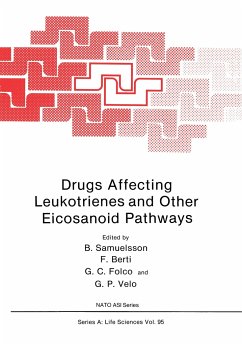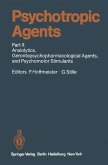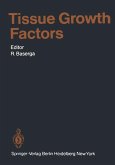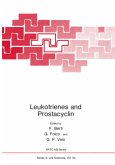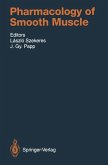This volume, the fourth in the series "The Prostagiandin System", contains most of the presentations at the International School of Pharmacology on "Drugs Effecting Leukotrienes and other Eicosanoid pathways" held in Erice, Sicily, at the "Ettore Majorana Center" on 9-20 September 1984. The discovery of a new class of biologically active compounds is always exciting even if at the present time knowledge is advancing very rapidly; this is particu1arly true for the eicosanoids. Evidence for a pivotal role of arachidonic acid as a precursor of mediators and modulators of various cell functions is now weil established. This broad knowledge has stimulated the search for drugs capable of interfering with the eicosanoid system and since the discovery of the mechanism of action of Aspirin, new drugs have become available in order to act more specifica11y not only at the level of different enzymes involved in arachidonic acid conversion but also more selectively at the receptor si tes where the acti ve metaboli tes are effecti ve. In addition to this, several stable synthetic derivatives of endogenous unstable prostanoids mimicking their functions in a variety of physiopatho19gical processes are also of potential therapeutic interest. This volume will certainly help scientists and students wi th different interests related to those diseases that stern from arachidonic acid metabolites interactions in hypersensitivity phenomena and in host defence mechanisms.
Hinweis: Dieser Artikel kann nur an eine deutsche Lieferadresse ausgeliefert werden.
Hinweis: Dieser Artikel kann nur an eine deutsche Lieferadresse ausgeliefert werden.

